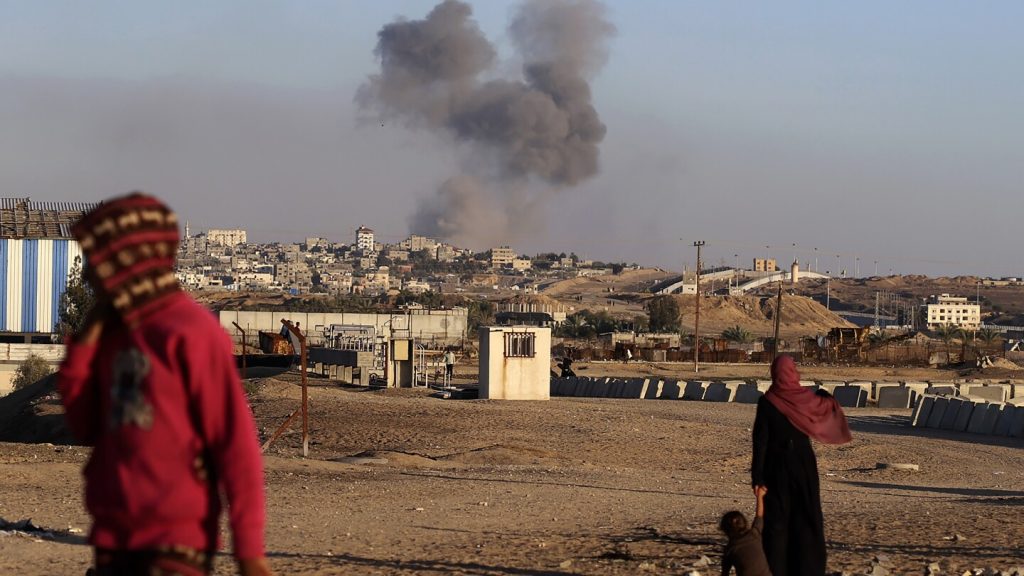A recent decision by the International Court of Justice in The Hague has ordered Israel to halt its offensive in the southern Gaza city of Rafah. This decision has increased the disconnect between Israel and the United States, with the Biden administration describing Israel’s actions as limited and targeted. Despite mounting international condemnation, the administration believes that Israel has not crossed any red lines so far in its military operations in Rafah. The U.S. government continues to provide military and political support to Israel while urging them to avoid a full-scale military operation in densely populated areas.
The Biden administration recently announced it was pausing a shipment of bombs to Israel, citing concerns about civilian casualties in Gaza. President Joe Biden has warned that supplying weapons used in Rafah would be reconsidered if Israel escalates its military operations in the region. Although the U.S. has pressured Israel to avoid a major offensive in Rafah, administration officials have acknowledged that they will need to monitor the situation closely to see how it unfolds. National Security Adviser Jake Sullivan indicated that Israel’s military operations have been more targeted and limited, at least for now.
Following a visit to Israel, Sullivan reported on “refinements” in Israel’s plan to root out Hamas in Rafah and noted that Israeli officials seemed to be taking Biden’s concerns seriously. Despite this, the situation remains critical for the Palestinians trapped in Rafah, where access to humanitarian aid is limited due to the ongoing military operations. The U.S. Agency for International Development has emphasized the urgent need for aid to prevent famine in Gaza and ensure the well-being of the population. The international community has welcomed the ICJ ruling, but Israel has shown no signs of changing course after the decision.
The Court’s demands exceed what the U.S. has asked of Israel at the moment, but Secretary of State Antony Blinken reiterated the administration’s opposition to a full-on military assault in Rafah. Blinken emphasized that a major offensive would not achieve lasting results in dealing with Hamas and highlighted alternative methods for addressing the challenges posed by the militant group. The White House continues to push for a more diplomatic and effective approach to the conflict in Gaza while expressing concerns about the humanitarian crisis unfolding in the region. Despite international pressure, Israel has not indicated any intention to comply with the court order to halt its offensive in Rafah.
Overall, the U.S. government’s stance on the situation in Gaza reflects a delicate balancing act between supporting its ally Israel and advocating for a peaceful resolution to the conflict. The Biden administration has emphasized the need for targeted military operations and increased humanitarian aid to alleviate the suffering of civilians caught in the crossfire. Going forward, the administration will continue to monitor the situation in Rafah and engage with Israeli officials to address concerns about the impact of the military operations on the civilian population. The international community’s response to the crisis in Gaza will play a crucial role in shaping the outcome of the conflict and determining the prospects for peace in the region.


